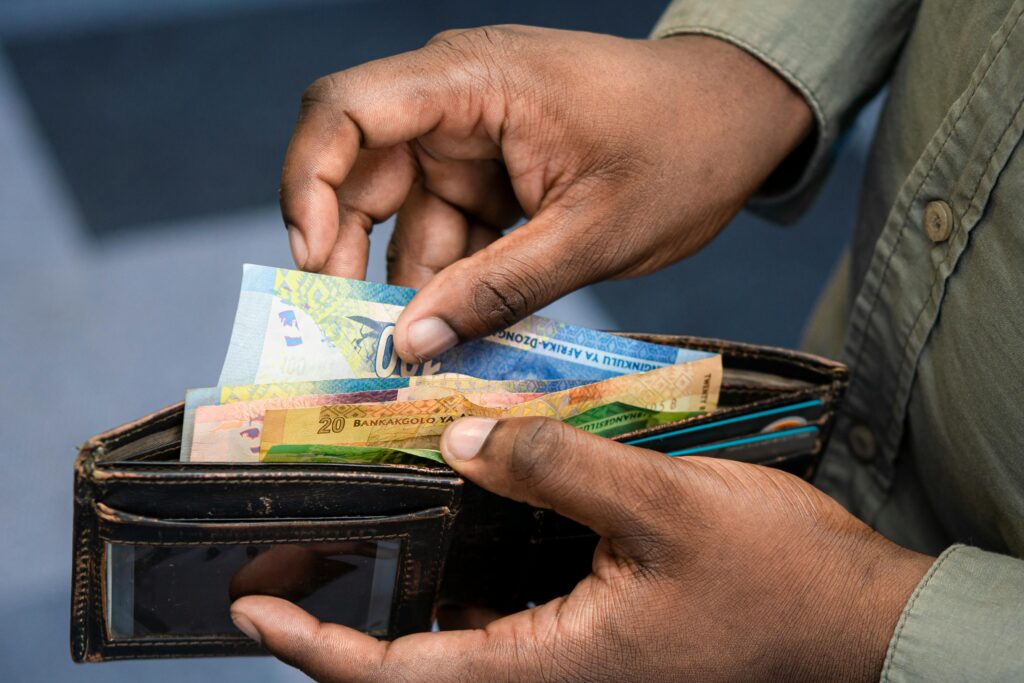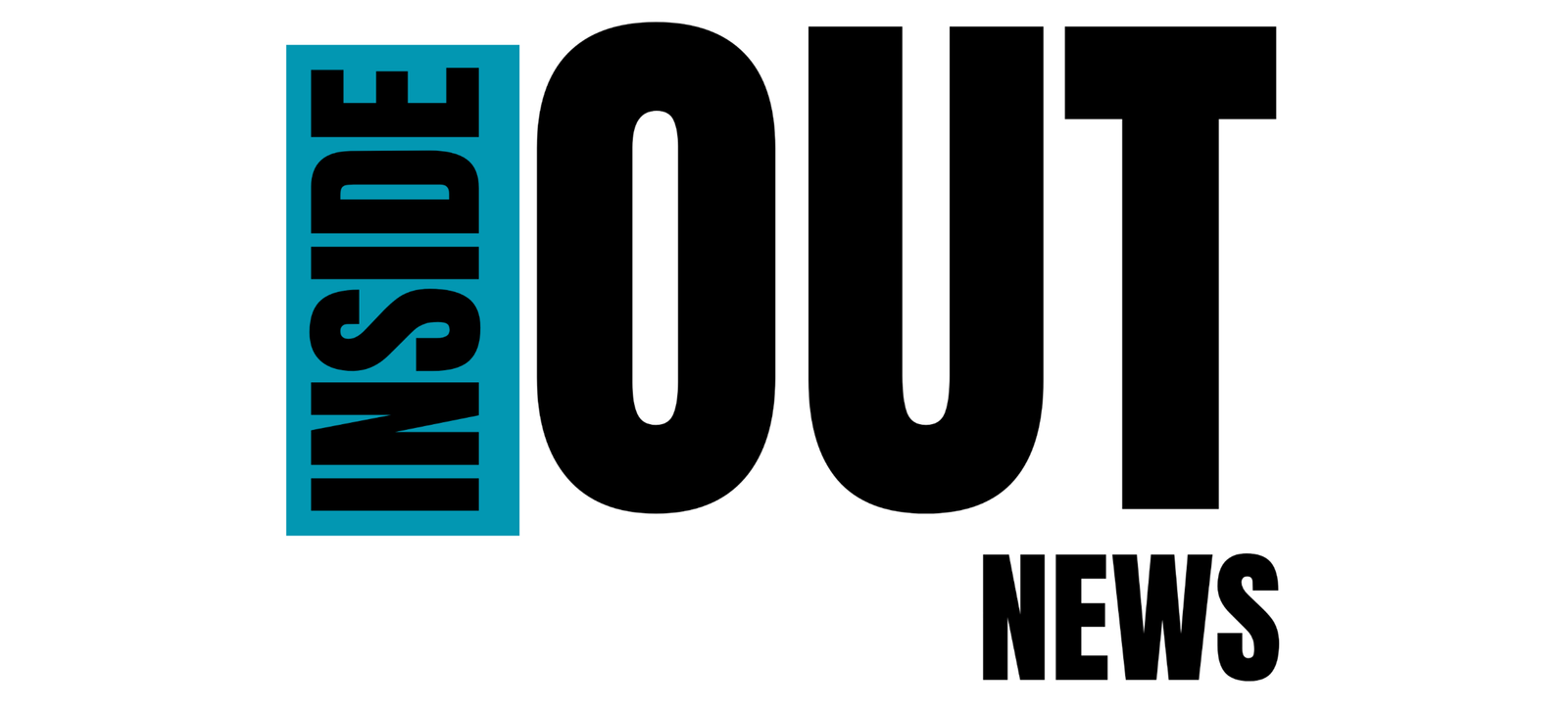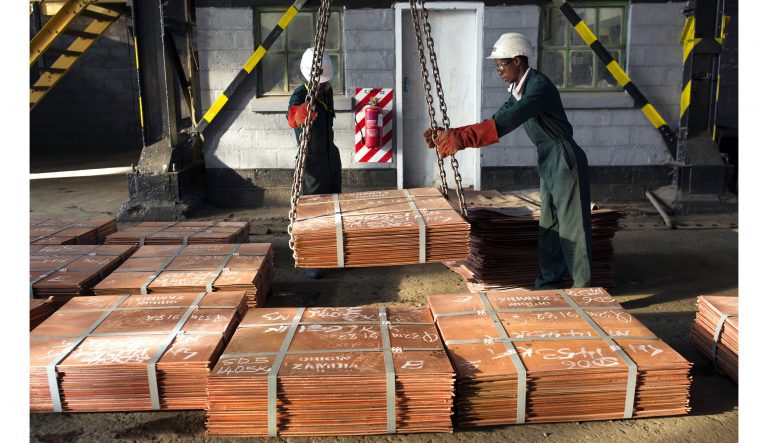SA Signs R26 Billion World Bank loan for Economic Reform
by Kelebogile Matlou
The National Treasury on Monday said the government has signed a R26 Development Policy Loan (DPL) from the World Bank. “DPLs are robust, flexible and quick-disbursing financing instruments that help countries achieve development results by supporting a program of policy and institutional reforms provided through general budget financing.”
This agreement reinforces the strong collaboration between the World Bank and the South African government, setting the stage for transformative changes aimed at improving the country’s economic trajectory. This strategic loan will help drive structural reforms designed to boost the efficiency, resilience, and sustainability of key infrastructure services, especially in the energy and freight transport sectors.
The loan comes at a time when South Africa is grappling with persistent economic challenges. The nation has been battling low growth, with GDP rising less than 1% annually over the past decade, and unemployment stuck above 31%. Power cuts alone in 2023 reduced GDP by 2% and led to 500,000 job losses. Export volumes have also taken a hit, with rail and port inefficiencies slashing them by around 20%.

Analysts say the loan could be a turning point, helping to eliminate infrastructure bottlenecks and enabling more inclusive growth and job creation across multiple industries.
The agreement is built around three main pillars of reform:
- Improving energy security – Creating a more stable and reliable power supply to drive economic activity.
- Enhancing freight transport efficiency – Overhauling transport networks to improve logistics and trade.
- Supporting a low carbon transition – Moving toward sustainable and environmentally conscious economic practices.
The terms of the loan are in line with the Treasury’s broader financial strategy and are designed to protect the country’s fiscal health.
The loan includes favorable interest rates, tied to 6-month SOFR plus 1.49%, and offers flexible repayment, with a 16-year maturity and a 3-year grace period. These features are intended to help South Africa manage its debt burden more effectively. The National Treasury expressed its appreciation to the World Bank, stating its gratitude for the institution’s consistent support in advancing South Africa’s development goals.




